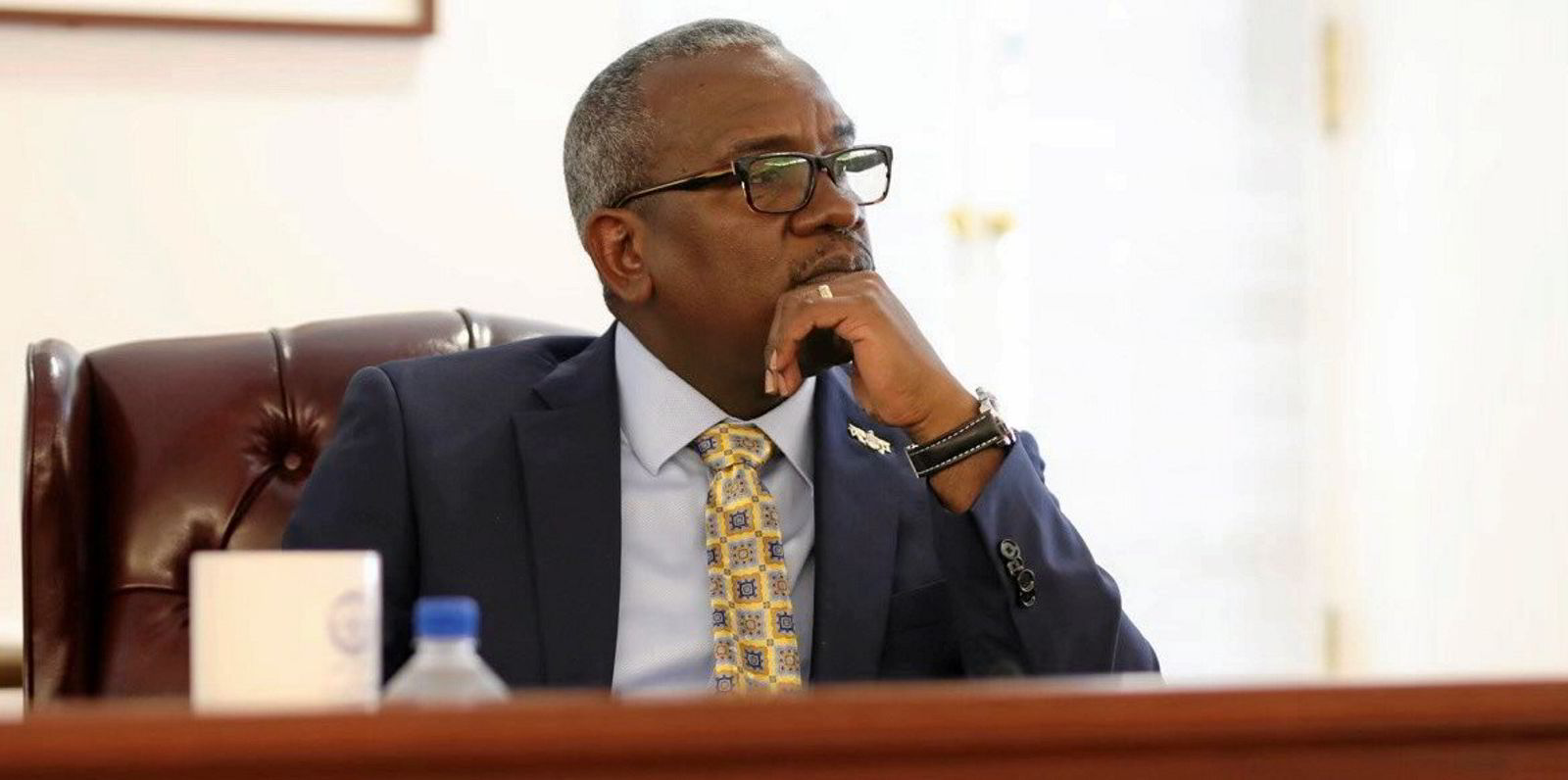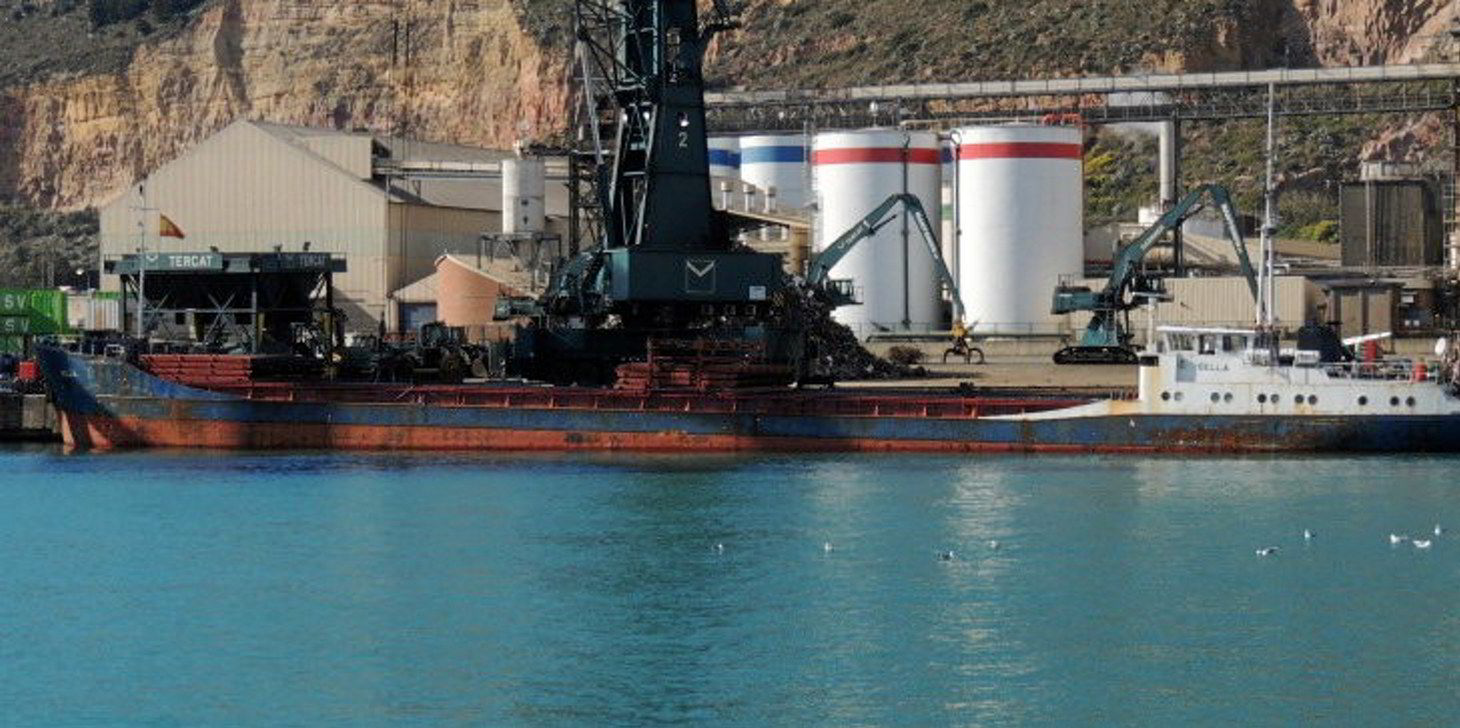The US Virgin Islands could be the key to boosting US influence in global shipping.
Northeast Maritime Institute (NMI) and the territory’s government signed an agreement on Tuesday in Washington DC to develop an open, international ship registry for the US Virgin Islands.
NMI president Eric Dawicki, whose institute is a Massachusetts-based private maritime college, said the US has lost its status as a significant shipping player, with just 0.4% of the global fleet flying its flag. He said the new registry would help make the US relevant again amid the ongoing push for decarbonisation and rising tensions with Russia and China.
“America is 99.5% reliant upon other countries to move our own goods,” said Dawicki, who signed the agreement alongside US Virgin Islands Governor Albert Bryan.
“There’s much that’s been forfeited. Our significance is what we have lost. Without an active plan, we have lost our ability to directly influence the actions of those that trade internationally across the oceans and here in our own ports.”
Dawicki said the flag, which he admitted would require some level of support from the US Congress, would be built around “contentiousness” with high operating standards while helping to cut emissions decarbonisation and increase transparency.
Bryan said he was dismayed with the small US-flag fleet and its implications for national security.
“When you think about it, it just makes sense. Being exempt from the Jones Act for so many years, we never explored what this meant,” he said.
“Whatever it is on the water, we want to participate in it. This is a chance not only to do something for us, but do something for the country that we so love.”
Unlike Puerto Rico, the US Virgin Islands – which were bought from Denmark in 1917 – are not subject to the Jones Act cabotage law.
That means ships can carry cargo from the islands to the US mainland without flying the US flag, which requires ships to be built, owned and crewed by Americans.
The registry is one of a handful of initiatives being pushed by NMI and its Center for Ocean Policy & Economics, including the creation of a transhipment point for containers in the Caribbean to alleviate pressures on east coast ports and the creation of a $200m research and development fund to help cut shipping emissions.
Dawicki told TradeWinds that he expects the ship registry to be set up within the next two years and that major shipowners as figures in Washington have given him positive feedback on the plan.
Others would be in place more quickly.
He said he was confident the $200m could be raised fairly easily and that port investments, which could total $2.3bn, would be able to be privately financed.
He said the US Virgin Islands would ultimately aim for associate membership at the International Maritime Organization, similar to the status Hong Kong has.
“The reality is, we can no longer have these divisions in the US that prevent us from having a good, solid and cogent discussion,” Dawicki said.
“We need to work together and move forward.”





